Anarcho-socialism combined with de-growth are our path to global transformation and regeneration

One thing that the “Great Pause” or “Great Reset” reveals clearly is that most forms of work in our society are fundamentally unnecessary, with no relationship to existential realities. We all need food, water, shelter, energy, sanitation, some material goods, education, healthcare. These things must be supplied and produced. But much of the work that people do, we only do it because we are on an economic treadmill that requires continuous economic activity and profit-making and growth. Our work has no connection to those essential things.
We are forced to continuously compete in a political-economic system that threatens us with marginalization, poverty, imprisonment, homelessness if we do not. Now we know that the growth-based imperative of this system are directly in conflict with the Earth’s ecology. Yet still we are perpetuating it. We are slaves to it. It constantly steals our time and attention and exploits our intelligence.
This current system has only been an experiment over a small number of centuries. It doesn’t have to be humanity’s eternal fate to toil in a system that must always extract the maximum amount of financial profit at a great cost to human beings and all living things. In fact, this system can’t continue for much longer, in any case.
So what is the alternative and how do we get there?
It would have to be some kind of anarcho-socialism, combined with the principles of the de-growth movement.
We would let everyone live, rent free, wherever they live right now, as we seek to figure out a path to global transformation to a regenerative, non-destructive society. Probably this requires a massive global rent strike and stoppage of all debt payments.
We would stop pretending that this form of Capitalism is salvageable, or can be made “sustainable.”
We would then transition to a direct democracy, beginning with local councils, then bioregional councils, then a planetary council, perhaps made up of randomly chosen citizens as Extinction Rebellion proposes, or perhaps using a system where people can instantly proxy their votes in many areas, as Democracy.earth / Sovereign proposes.
We would have to fundamentally transform the economic system so that activities that replenish and heal the biosphere are rewarded, while those that continue to extract and exploit natural and human resources are penalized. A lot of financialized wealth, based on corruption and privatization of the commons, would be declared null and void, and that wealth returned to the collective.
The same efficiency Amazon and Walmart use for their supply chains would be transferred over to providing basic goods and food for people during this transition.
These are ideas I explored in more depth in my 2017 book, How Soon Is Now. As massive as this sounds, I think something like it is the only way we can save ourselves from approaching extinction.
There are massive projects that need to happen that are far beyond the scope of governments or corporations. For instance, we need massive kelp farms in the oceans to reverse ocean acidification – something like 7% of the ocean would be used for this. We need to stop Amazonian deforestation and create a massive jobs program around stewarding the Amazon and other crucial ecosystems. We also need to shift from industrial agriculture to regenerative farming, globally, and fast.
I would love to see people start to think about these kinds of things and organize around them.


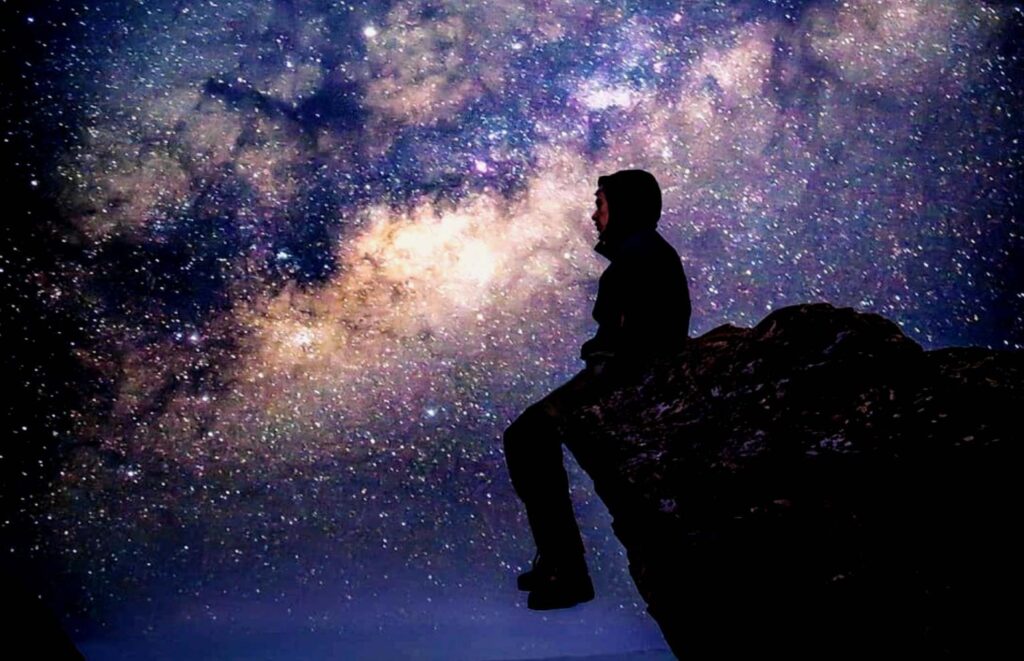
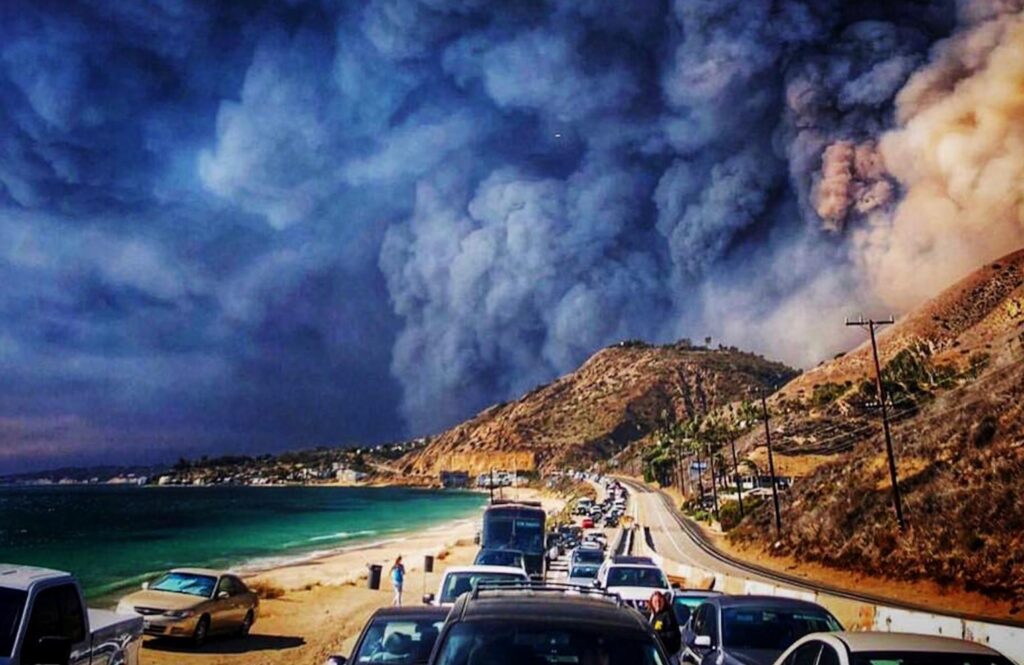
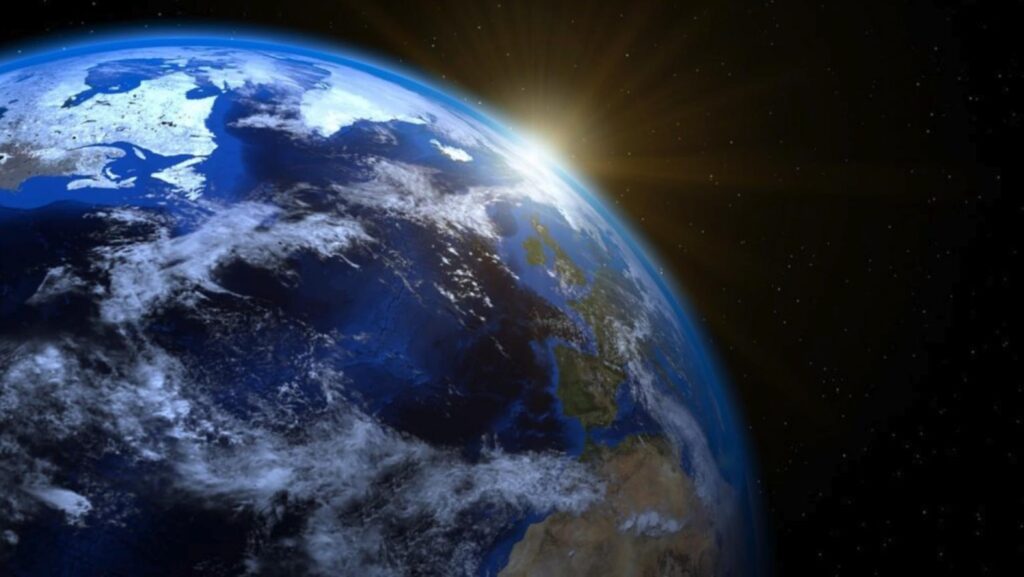

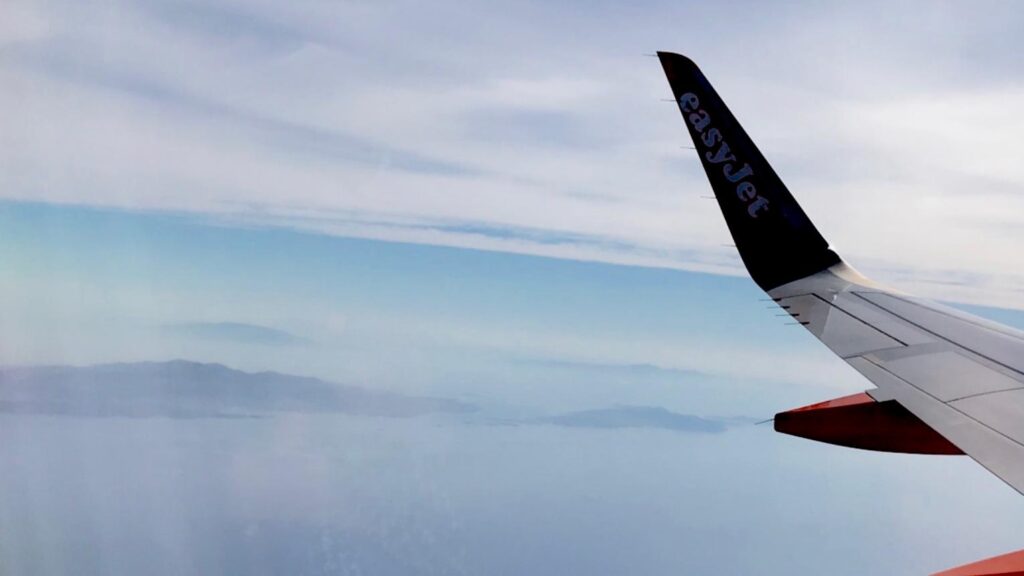
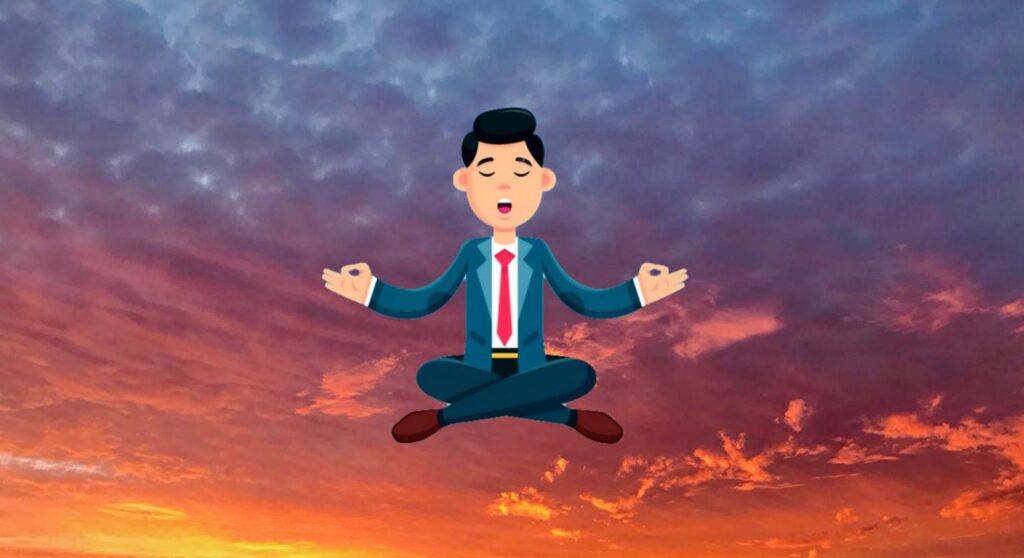
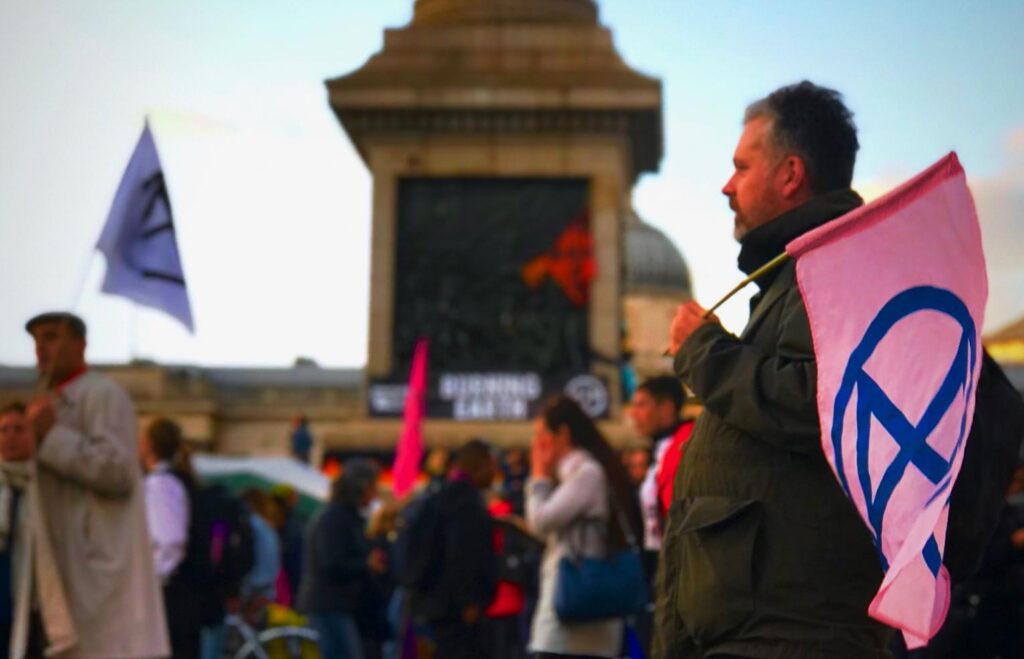
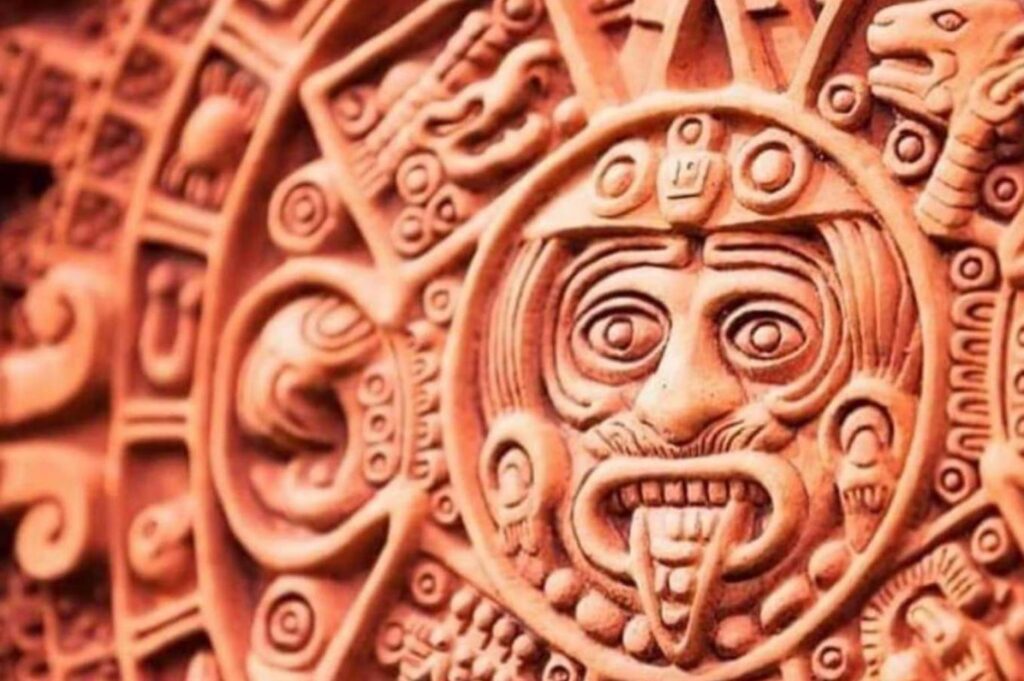
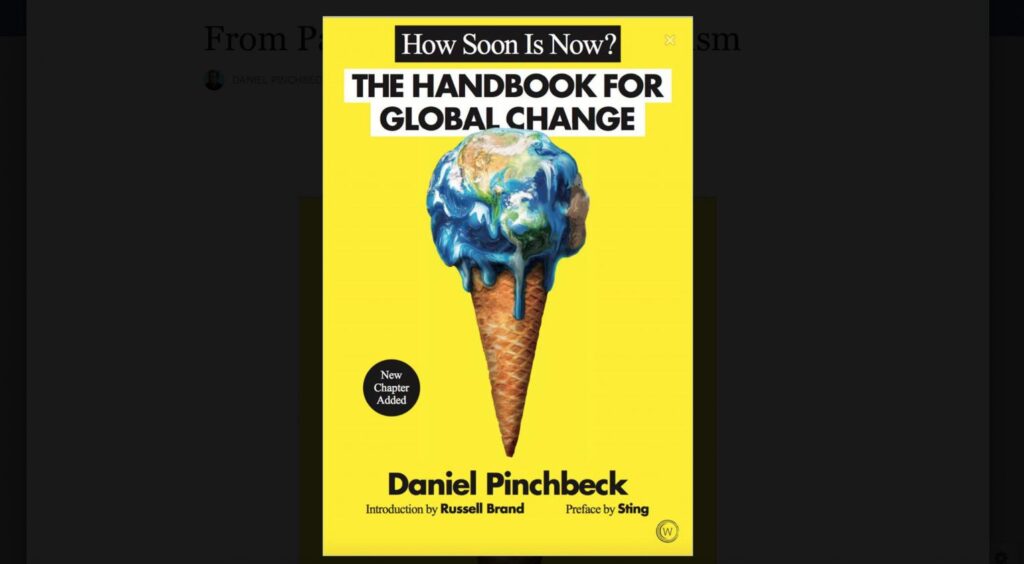
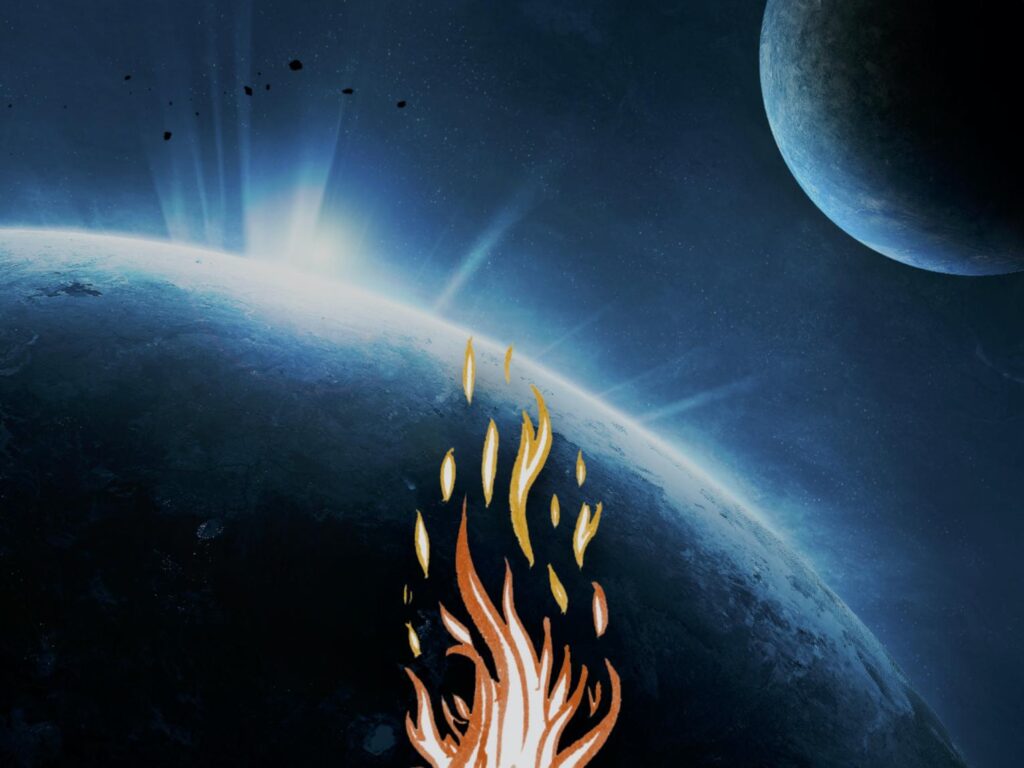

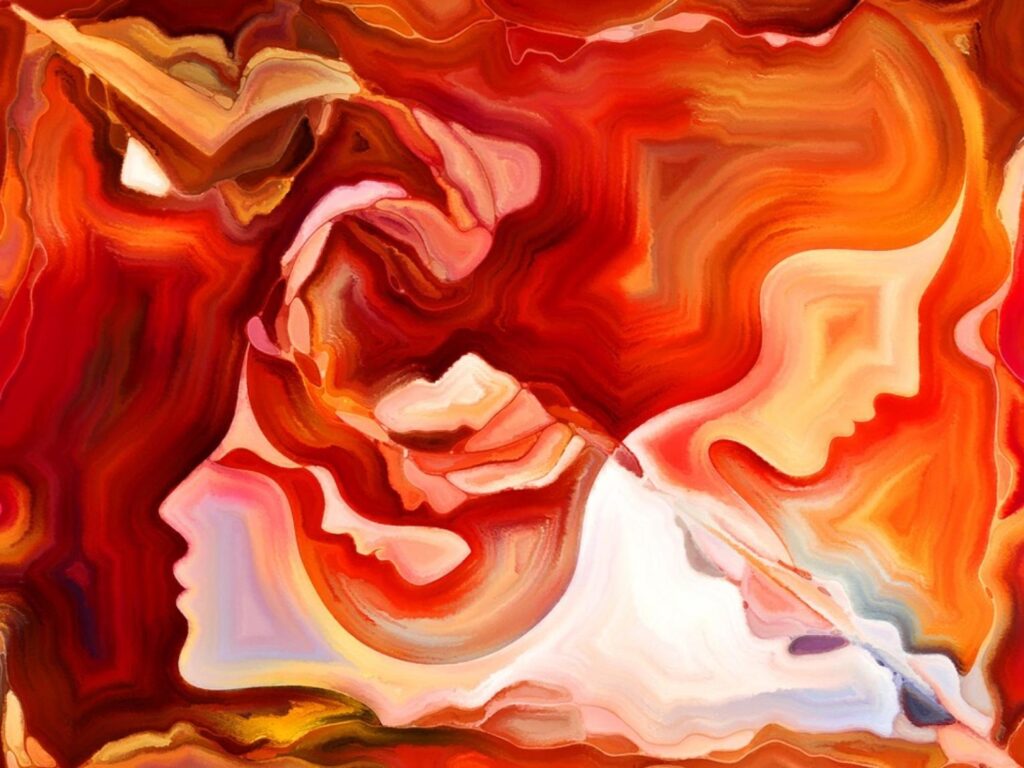
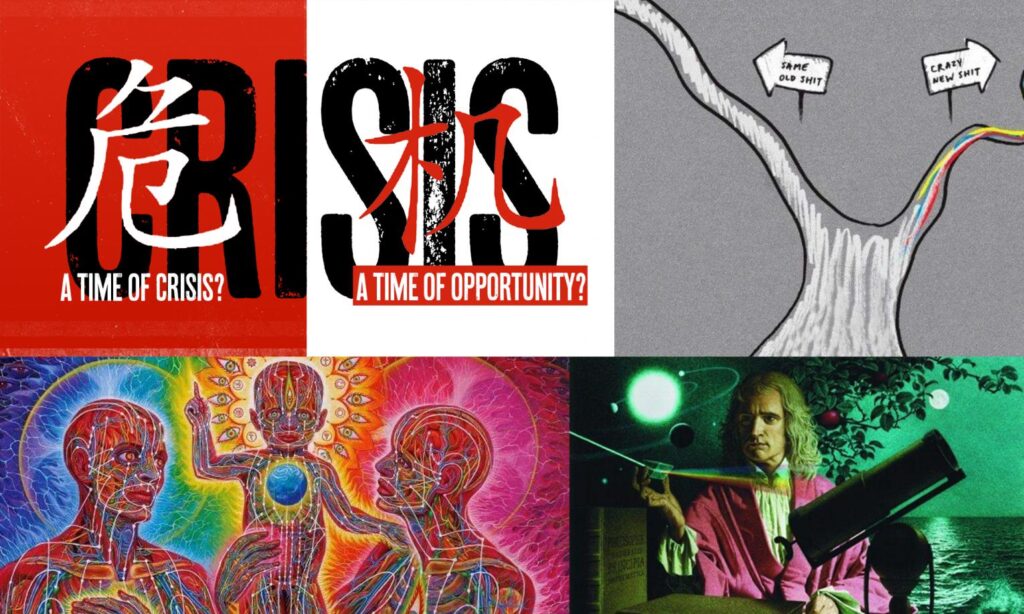
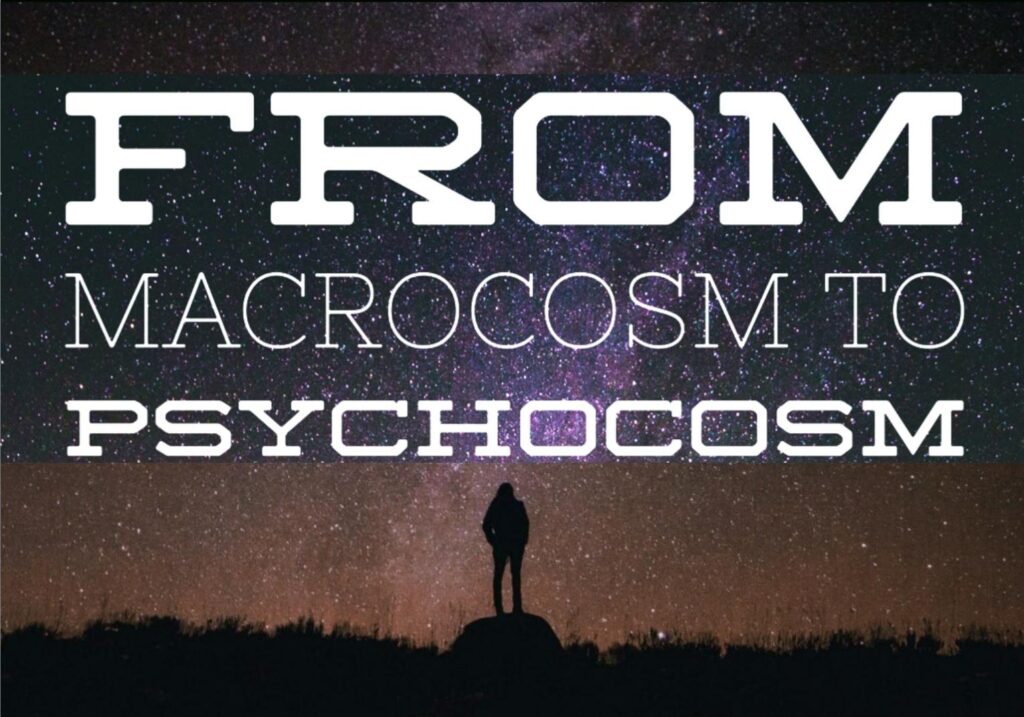
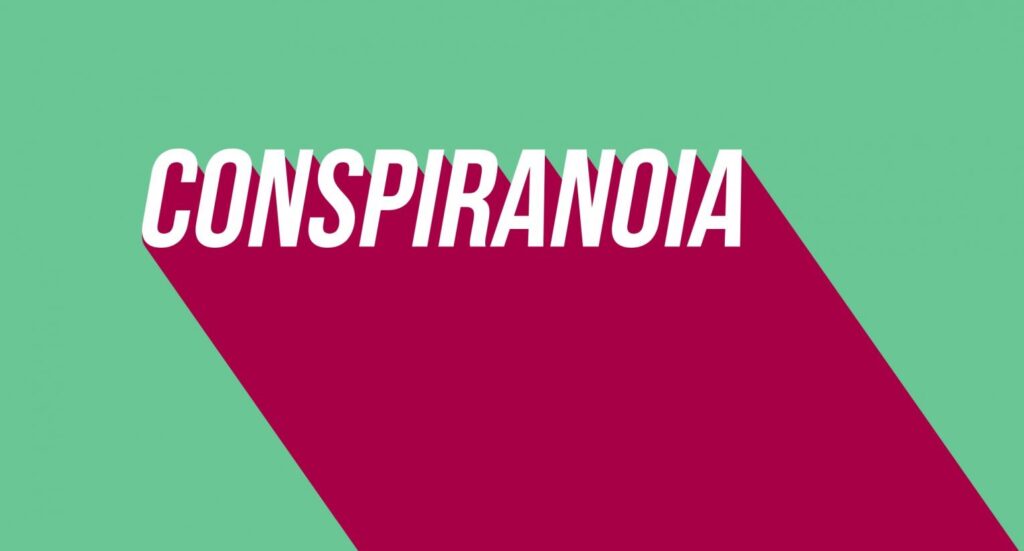

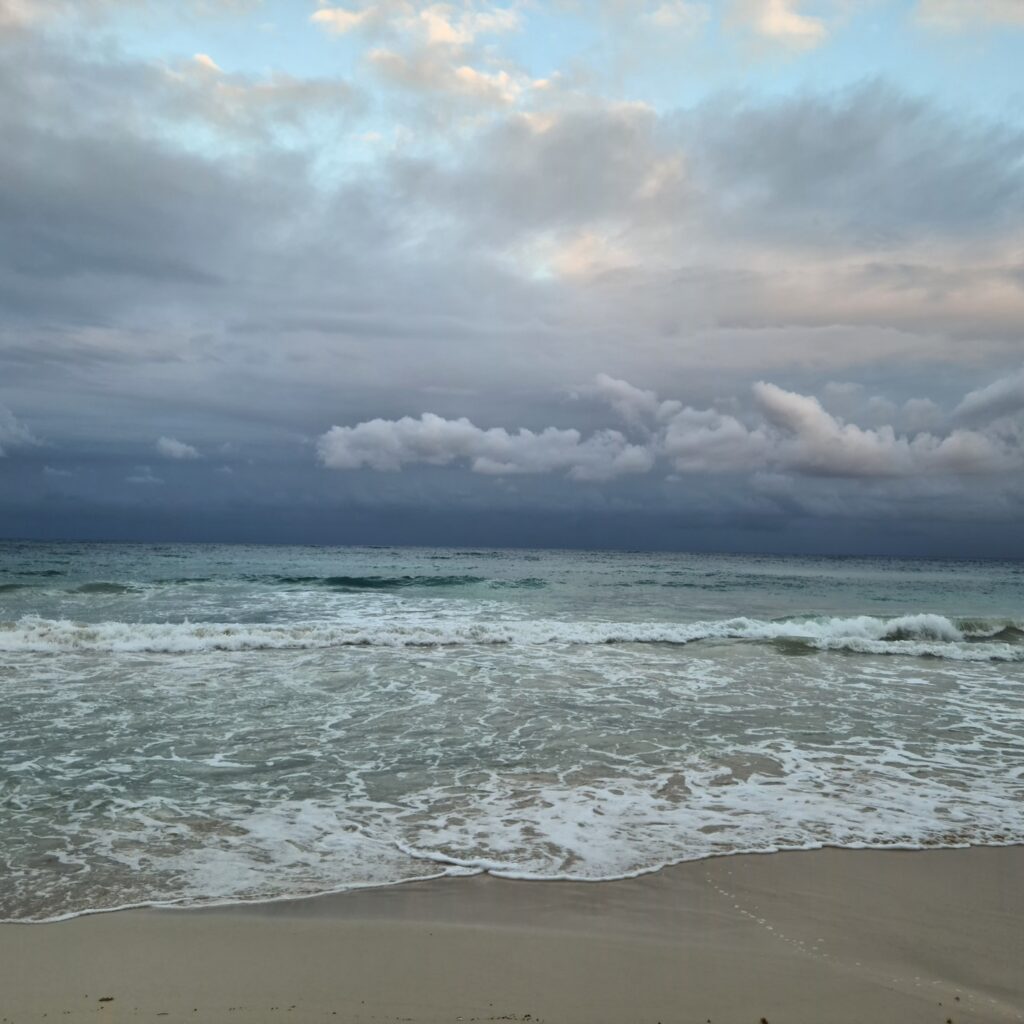
Responses